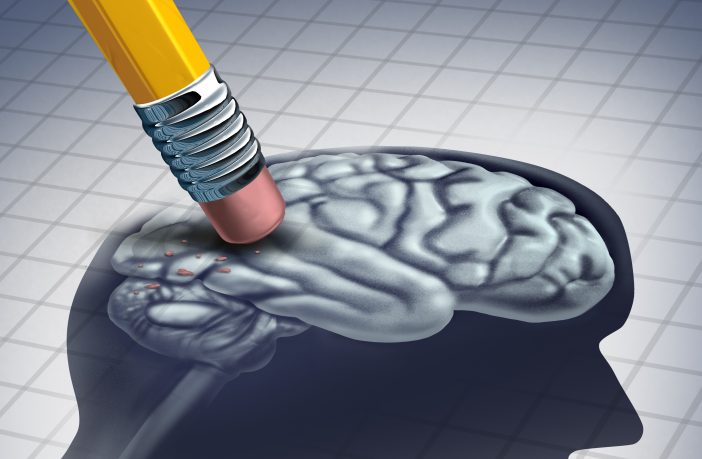
Dr Lesley Bailee
It’s NOT just the elderly who get dementia, it’s NOT a mental health condition and treatment IS available. Dr Lesley Baillee is a Senior Lecturer and Qualifications Lead for Nursing in the Faculty of Wellbeing, Education and Language Studies, a registered nurse and nurse educator with an interest in improving care for people with dementia. Here she’s pulled together some of the myths around it.
Myth 1: Only older people get dementia
Fact: Most people who have dementia are older and so the number of people with dementia is increasing as society ages. However, younger adults can develop dementia too. In the UK, there are over 40,000 people with early-onset dementia, which is the onset of dementia before the age of 65 years. There are people in their 30s with a diagnosis of dementia.
Myth 2: Dementia is a mental health condition
Fact: While dementia affects mental function, it is caused by physical changes to the brain. Diseases affect the brain just as diseases can affect any other body organs: the heart, lungs, liver etc. The brain’s many functions include storing our memories, our thinking processes, how we perceive things we see, as well as speech, movement etc.
So a person with dementia may have problems with memory, processing information, getting lost and struggle with everyday tasks, but this is because of the physical changes caused to the brain by disease. It is also important to note that as dementia is caused by a physical disease, it is not a normal part of ageing.
Myth 3: The terms ‘dementia’ and ‘Alzheimer’s disease’ mean the same
Fact: Alzheimer’s disease is one of the many different diseases that can cause the set of symptoms that we term ‘dementia’. The characteristics of dementia include being progressive and affecting various aspects of mental functioning, commonly memory and language, and may affect personality and ability to self-care.
Myth 4: Older people who are diagnosed with dementia mainly live in care homes
Fact: Most people (61 per cent) diagnosed with dementia over 65 years live in the community – only 39 per cent live in care homes
Myth 5: There is no treatment for people who have dementia
Fact: Dementia is progressive but there are treatments available which will help slow the progress of the condition or manage the symptoms. Families, the community and health and social care professionals can do much to support people live as well as possible with dementia.



